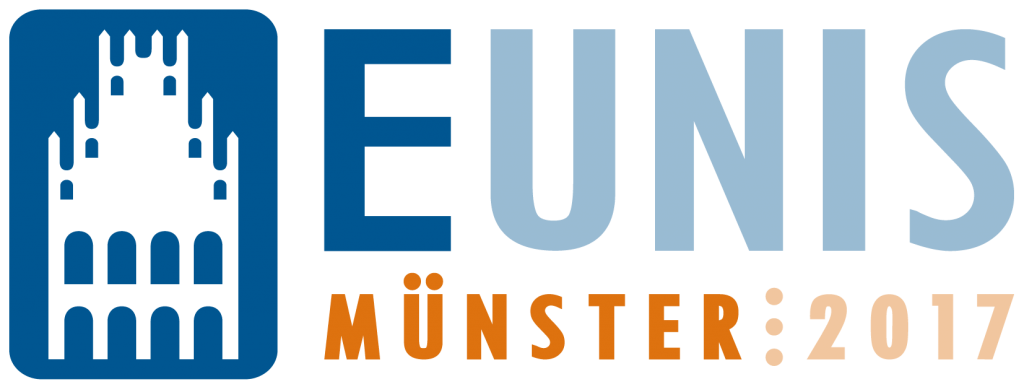Session Chair: P. Kähkipuro
BencHEIT – Benchmarking Higher Education IT – An Update on the Work of the EUNIS BencHEIT Task Force
(Ilkka Siissalo)
Nominated for Best Paper Award
BencHEIT is a free of charge yearly survey with the aim of establishing a comprehensive knowledge of how cost efficiently IT works in European universities, and universities of applied sciences. The BencHEIT Task Force gathers the data and generates an analysis for the CIOs to use in comparing the organization´s IT costs and volumes to their peer´s numbers. It also provides them with tools to start more detailed discussions how to improve the performance of institute’s IT services. Analysis gives some perspective to common development within the higher education IT. View Paper
The Value and Quality of Maturity Models
(Karoline Westerlund)
This session opens up for a discussion about the value and the quality of using maturity models. Different aspects will be highlighted and scenarios will be reviewed. The maturity model frameworks provides a structure to help organize when developing business areas. We use the maturity model as an enabler when benchmarking with other organizations. But how are we supposed to communicate and ensure the quality of the maturity model used and the result. The objective must be to provide a structured approach that ensures quality. Lesson learned and outcome will provide the context for a discussion with the audience. View Paper
Observations from the Current CIO Surveys in Germany – Linking CHEITA’s Global Complexity Index (GCI) to Other Factors and Frameworks
(Markus von der Heyde)
The CIO surveys in German Higher Education Institutions (HEI) allow a unique access to the development process of different IT-Governance implementations across a diverse developed university culture. This culture is often influenced by the traditions, the history and local politics in a specific way but also with a large variety. Not at all surprisingly, the individual HEI only slowly adopts different practices which primarily had been developed in countries with high tuition rates and thus a greater need for cost control and overall guidance. This paper therefore investigates if and how an overall benefit is visible for those institutions which build and implement a specific IT-Governance.
The application of the global complexity index being developed by the CHEITA community as a baseline for comparison does reveal additional valuable insights. Especially the lack of payoff in the application of service management frameworks and increased benefit of the continuous awareness around information security becomes visible. Institutions investing in security awareness show a better spending rate in comparison to their peers on the GCI scale. Institutions spending their budget on the optimisation of the service portfolio fail to demonstrate their advantages. In general, bigger institutions allow their CIOs better to follow their goals. They also grant their CIOs effective access to the board of directors. In consequence, those CIOs can demonstrate a higher value of IT for their institutions. View Paper
